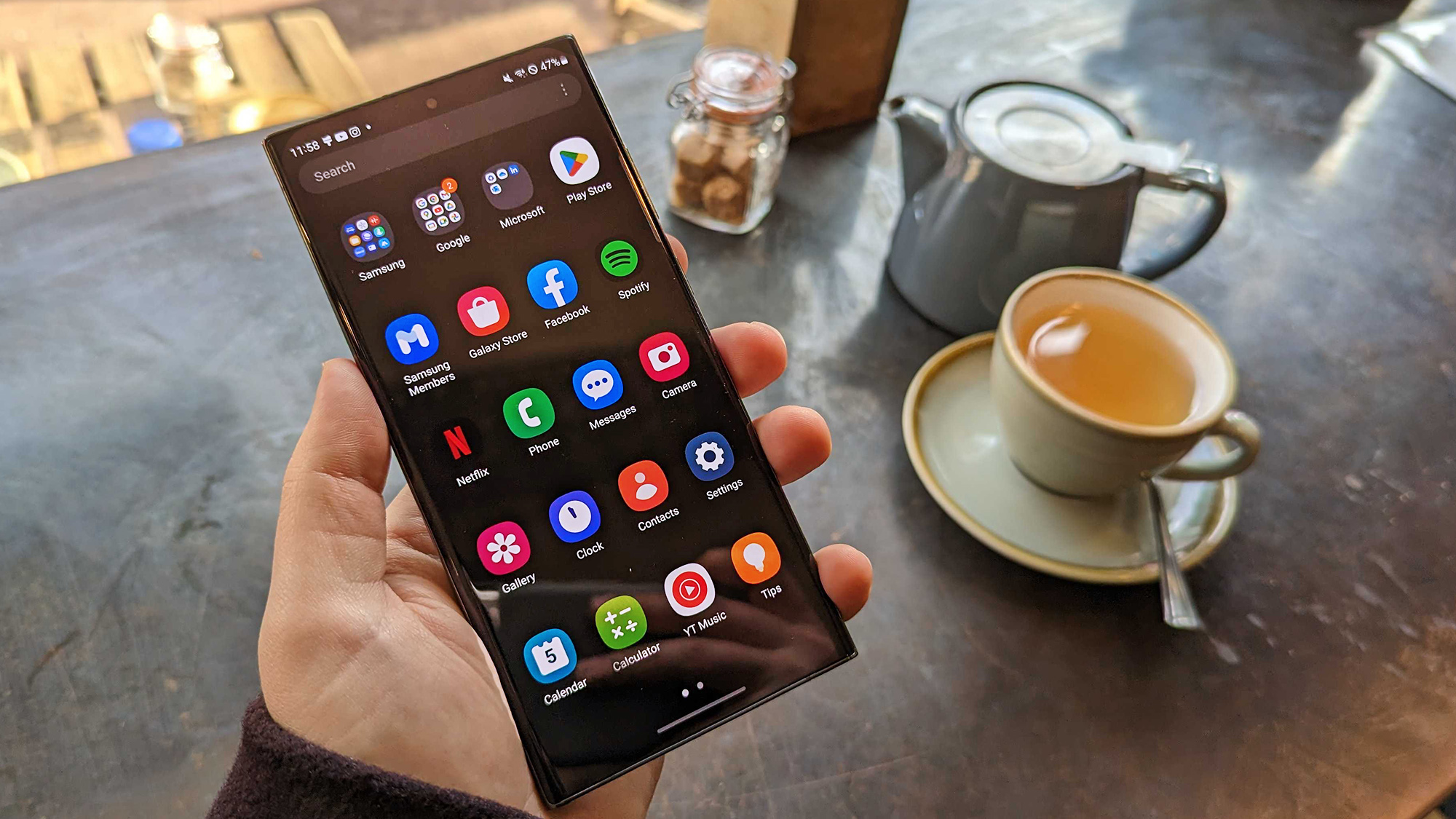Samsung Galaxy S24 battery life could shift up a gear thanks to electric car tech
A stack is better than a roll

Sign up for breaking news, reviews, opinion, top tech deals, and more.
You are now subscribed
Your newsletter sign-up was successful
Smartphone tech is improving all the time, but the batteries they use have remained much the same, and as a result, we haven’t seen big advances in battery life. But with the Samsung Galaxy S24 we might see the most significant battery change yet.
This is according to South Korean site TheElec (via NotebookCheck), which claims that Samsung SDI (the part of Samsung that builds batteries) is working with two unnamed Chinese companies to develop electric vehicle-style batteries for smartphones and tablets.
This type of battery – which Samsung SDI already makes for electric cars – uses a stacked design, meaning that the components are stacked on top of each other rather than being rolled. Stacked batteries can more tightly pack the components together, allowing for increased energy density.
A 10% improvement
The upshot of that is around 10% more capacity can be fitted in the same space, so for example Samsung would theoretically be able to fit a 5,500mAh battery in the same space it currently fits a 5,000mAh one, which isn’t an insignificant difference.
Of course, the company might instead choose to keep capacities the same and shrink the size of its batteries, so phones can be smaller or have more room for other components. But either way, it should improve the resulting handset.
When we might first see these batteries in phones isn’t clear, but the Samsung Galaxy S24 or Samsung Galaxy S25 series would be obvious candidates; depending on how far along in development these batteries already are.
Indeed, SamMobile claims that this battery tech will “allegedly” be used in the Samsung Galaxy S24 Ultra, though it’s citing the same report, which doesn’t mention that, so it’s not clear where this information came from.
Sign up for breaking news, reviews, opinion, top tech deals, and more.
In any case, it might not just be Samsung that benefits, as Samsung SDI sells components to other companies too, so we might see smartphones and tablets from other brands also use these stacked batteries in the near future. That would be great news, because even the best phones often don’t have brilliant battery life.
James is a freelance phones, tablets and wearables writer and sub-editor at TechRadar. He has a love for everything ‘smart’, from watches to lights, and can often be found arguing with AI assistants or drowning in the latest apps. James also contributes to 3G.co.uk, 4G.co.uk and 5G.co.uk and has written for T3, Digital Camera World, Clarity Media and others, with work on the web, in print and on TV.